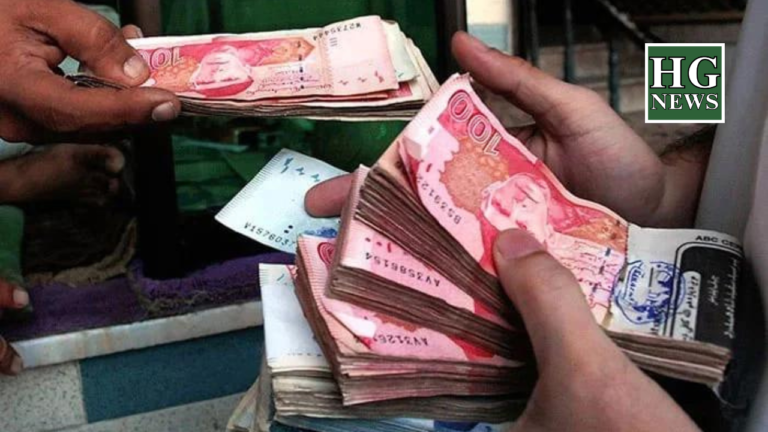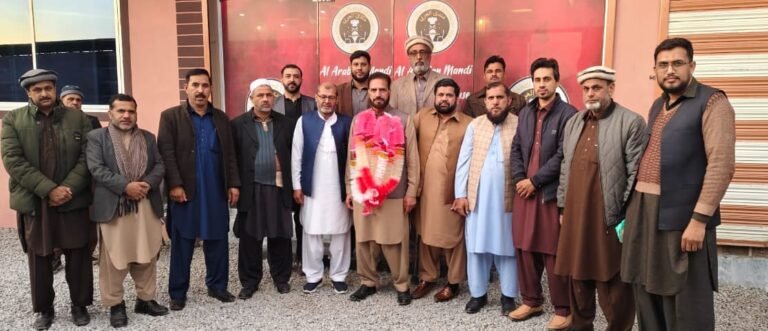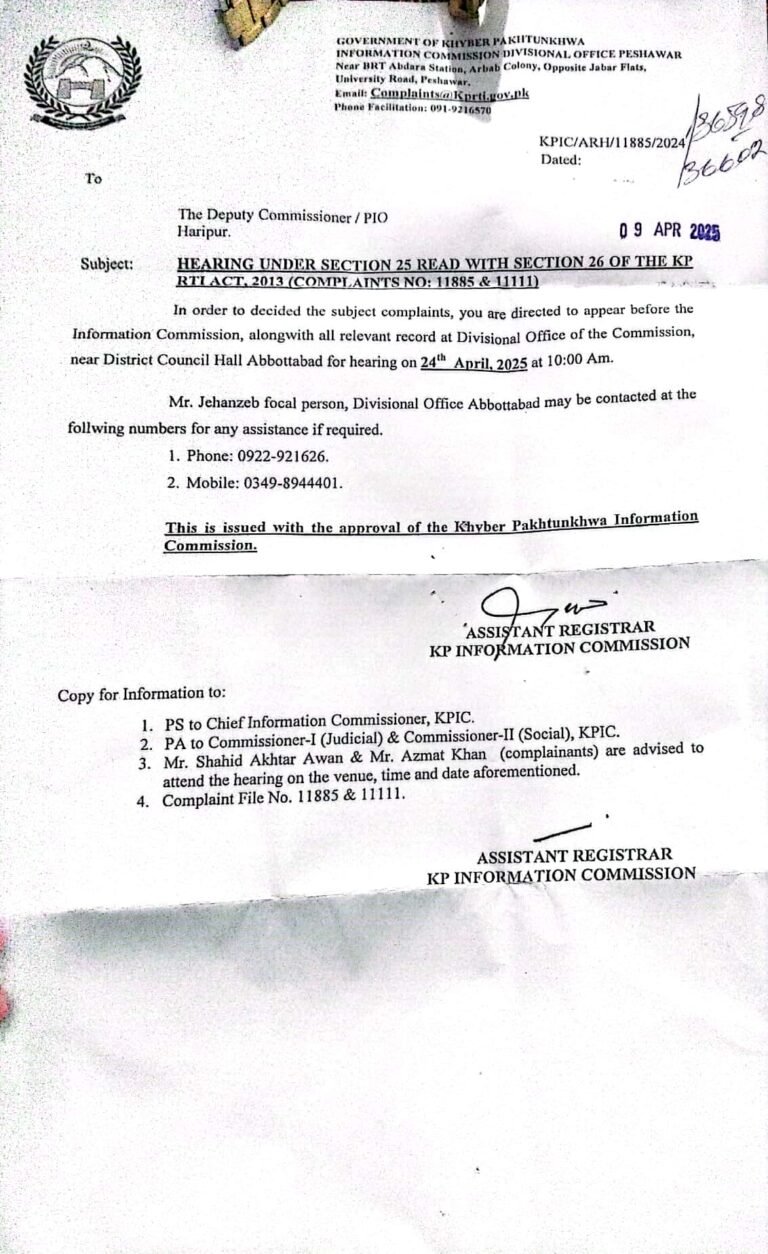Supreme Court PTI eligible for reserved seats major win
On Friday, the Supreme Court of Pakistan declared that Imran Khan’s party, Pakistan Tehreek-e-Insaf (PTI), is eligible for seats reserved for women and minorities. This decision is a significant setback for Prime Minister Shehbaz Sharif’s ruling coalition.
Court’s Decision
The verdict was delivered by a 13-member bench led by Chief Justice Qazi Faez Isa. It overturned the decisions of both the Peshawar High Court (PHC) and the Election Commission of Pakistan (ECP). The court recognized PTI-backed candidates who had won elections as independents after losing their party symbol. These candidates had formed a coalition of convenience with the Sunni Ittehad Council (SIC).
PTI’s Reaction
PTI members celebrated the decision. The party’s official social media account demanded the resignation of Chief Election Commissioner Sikander Sultan Raja for constitutional violations. Taimur Khan Jhagra, former KP finance minister, congratulated Imran Khan and PTI supporters, asserting that their fight for justice would continue. Former aide Fawad Chaudhry and ex-human rights minister Shireen Mazari also praised the decision and criticized the ECP.
Background of the Issue
In March, the ECP ruled against SIC’s claim to reserved seats due to legal defects and improper party list submission. This decision benefited the Pakistan Muslim League-Nawaz (PML-N) and the Pakistan Peoples Party (PPP), giving them additional seats. PTI contested this decision, calling it unconstitutional.
The PHC supported the ECP’s ruling, prompting SIC to appeal to the Supreme Court. In May, the Supreme Court suspended both the PHC’s judgment and the ECP’s decision, ordering the case to be heard by a larger bench.
Impact on Ruling Coalition
The ruling coalition has lost its two-thirds majority in Parliament due to the suspension of victory notifications for 77 lawmakers. This includes members from PML-N, PPP, and Jamiat Ulema-e-Islam (Fazl) (JUI-F). The coalition’s numerical strength in the lower house has decreased, affecting their legislative power.

Future Implications
The court’s decision will influence how reserved seats are allotted in future elections. SIC argued for a proportional representation system that doesn’t require contesting general elections for reserved seat allocation. This case’s outcome will set a precedent for future reserved seat distributions.
Modern Warfare 3 Season Maps New Battlefields
The reserved seats issue
In a 4-1 verdict in March, the Election Commission of Pakistan (ECP) had ruled that the SIC was not entitled to claim quota for reserved seats “due to having non-curable legal defects and violation of a mandatory provision of submission of party list for reserved seats”.
The commission had also decided to distribute the seats among other parliamentary parties, with the PML-N and the PPP becoming major beneficiaries with 16 and five additional seats while the Jamiat Ulema-i-Islam Fazl (JUI-F) was given four. Meanwhile, the verdict was rejected by the PTI as unconstitutional.
Later the same month, while ruling on an SIC plea, the Peshawar High Court (PHC) had dismissed an SIC plea challenging the ECP decision and denied it reserved seats.
In April, the SIC filed a petition before the SC — moved by party chief Sahibzada Hamid Raza — seeking to set aside the PHC judgment.
The apex court on May 6 had suspended the March 14 PHC judgment as well as the March 1 ECP decision to deprive the SIC of seats reserved for women and minorities.
The SC had also ordered placing the present petitions before the three-judge committee that determines the constitution of the bench for the reconstitution of a larger bench when Attorney General for Pakistan Mansoor Usman Awan highlighted that under Section 4 of the Supreme Court (Practice and Procedure) Act 2023, the present case should be heard by a larger bench since the issue concerns the interpretation of constitutional provisions.
The ECP subsequently suspended victory notifications of as many as 77 members of the national and provincial assemblies elected on those seats.
The suspended lawmakers include 44 from PML-N, 15 from PPP, 13 from JUI-F and one each from PML-Q, IPP, PTI-P, MQM-P and ANP.
Resultantly, the ruling coalition lost a two-thirds majority in the lower house of Parliament for now, with its numerical strength shrinking to 209 from 228. In the House of 336, the magic figure to attain a two-thirds majority comes to 224.
The PML-N’s strength in the House has reduced from 121 to 107 while PPP’s from 72 to 67.
Those suspended include 22 members of the National Assembly elected on reserved seats for women and minorities. They include 14 from PML-N, five from PPP and three from JUI-F.
Headed by the CJP, a full court meeting on Wednesday had considered various aspects of the controversy at length since the case is of first impression and will have a far-reaching impact on the allotment of the reserved seats among political parties in the legislature in the future as well.
The real controversy before the court was how to deal with the reserved seats if they are neither doled out to other parties having a presence in Parliament and provincial assemblies nor allotted to the SIC that did not contest the Feb 8 general elections and thus failed to secure a single seat — a legal requirement for the allotment of reserved seats according to the ECP.
The SIC, however, argued that under the concept of a proportionate representation system, it was not a constitutional requirement for the allocation of reserved seats that a political party having general seats in the assemblies had contested the general elections.







